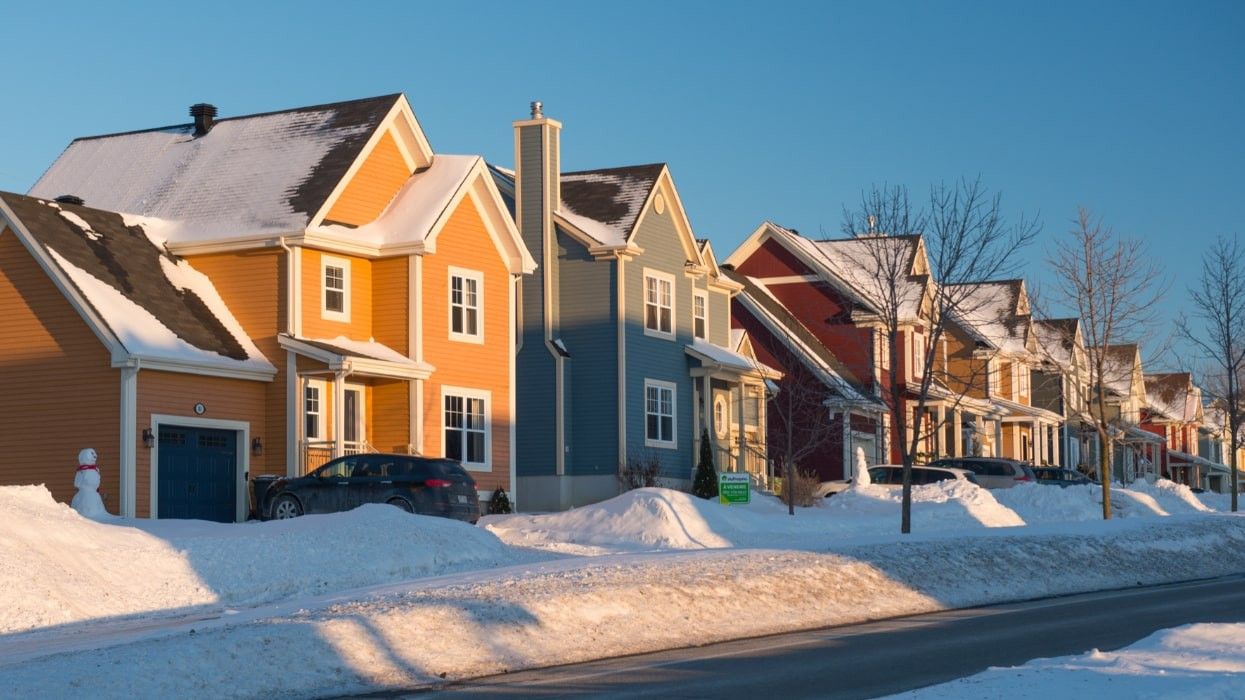With the new year comes a slew of new tax increases at the federal level, several of which have an impact on housing.
Outlined by the Canadian Taxpayers Federation (CTF), the federal hikes include higher income taxes, an increase in the carbon tax from $65 per tonne to $80 per tonne, a 4.7% rise in the excise tax on alcohol, and the introduction of a digital services tax.
While the latter is intended to target large companies, like Amazon and Uber, the CTF warns that consumers should expect to pay more as a result. The exact cost depends on when the tax is implemented, but the Parliamentary Budget Officer (PBO) estimates it will cost taxpayers $1.2B in 2024.
A number of other tax changes slated for 2024 will have an affect on real estate at the federal level, while several provinces and municipalities will see hikes of their own as well.
In British Columbia, the speculation and vacancy tax has been expanded to 13 additional municipalities, including Vernon, Kamloops, and Salmon Arm. The annual tax is based on how homeowners used their residential properties in the year prior; in January 2025, homeowners in the expanded boundaries will have to declare for the first time based on their 2024 usage.
For Canadian citizens and permanent residents, the tax rate is set at 0.5% of the property’s assessed value. For foreign owners and others who don’t pay the majority of their taxes in Canada, it’s set at 2%.
A similar tax hike is taking effect in Toronto, as the City raises the vacant home tax from 1% to 3% of a property’s assessed value. As of 2024, any residence that is left vacant for more than six months of the year will be subject to the higher tax.
Meanwhile, some homeowners, the majority of whom live in the in the Atlantic Provinces, will enjoy some tax relief in 2024 in the form of the home heating oil carbon tax exemption.
While only 3% of Canadian households use furnace oil, the figure is as high as 32% in Nova Scotia and 40% in Prince Edward Island. Such households will pay $0.17 less per litre of furnace oil until April 2024 — when the federal government raises the carbon tax — and $0.21 less thereafter for the next three years.
Taking the April carbon tax hike into account, the CTF calculates that residents of New Brunswick and Nova Scotia will save $582 on their heating bills in 2024, while residents of PEI will save $704. Homeowners in Newfoundland and Labrador will save $323 this year.
The CTF argues that extending the carbon tax exemption to other forms of home heating, such as natural gas, would save the average Canadian household approximately $300 on their heating bill in 2024, and roughly $1,100 over the next three years due to the annual carbon tax hike.
Instead, the federal carbon tax will cost the average Canadian household between $377 and $911 in 2024-2025, according to a report from the PBO. Meanwhile, the second carbon tax, which was introduced in 2023, is expected to hike the price of gas by $0.17 per litre, the CTF said, which will cost the average household between $384 and $1,157 annually by 2030.
Although it won’t result in fewer taxes paid by individual Canadians, the elimination of GST on new purpose-built rentals will lead to improved affordability for renters in the future. The measure incentivizes the construction of rental housing, including apartment building and student residences, by boosting the GST Rental Rebate from 36% to 100%. In Ontario, the provincial government has also removed its portion of HST on new purpose-built rentals.





















